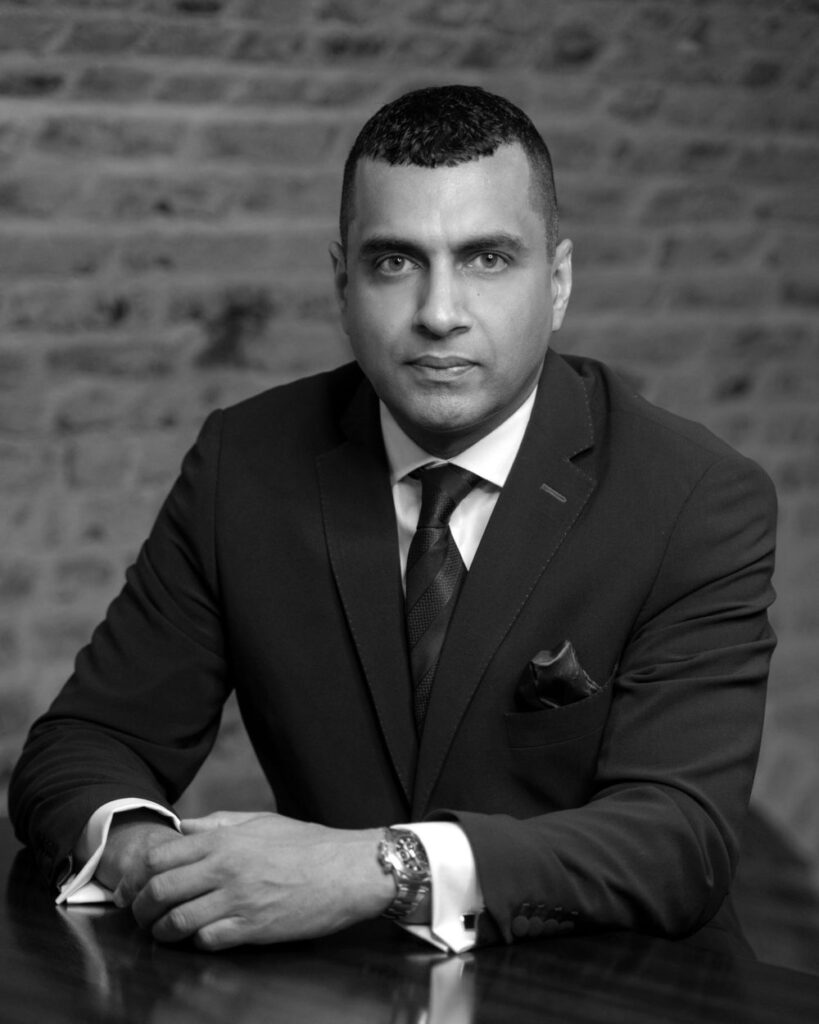Paedophile Hunter Groups | Admissibility of Evidence | Kangs Sexual Offences Defence Solicitors
Convicted defendant, Mark Sutherland, has lost his Appeal to the Supreme Court when it was ruled that production of evidence obtained by a so called ‘paedophile hunter group’ did not breach his right to a private life under Article 8 of the European Convention on Human Rights.
Helen Holder of Kangs Solicitors comments on the decision.
Recognised as one of the leading criminal defence firms in the country, we are top ranked in Band 1 and Tier 1 for our work in the field of criminal defence by both the leading legal directories Chambers UK and the Legal 500, which stated in its 2020 Edition:
‘This is a first-class firm with unrivalled experience, a great track record, an acute attention to detail and a tenacity that clients really rate are features of this firm.’
We appreciate the strain on individuals and their families when facing allegations of a sexual nature and we are here to assist you to alleviate such difficulties and pressures.
Our team can be contacted for confidential and discrete advice as follows:
0207 936 6396
0121 449 9888
0161 817 5020
07989 521210
London
Birmingham
Manchester
24 Hours number
The Case in Focus | Kangs Sexual Offences Solicitors
- Having entered into sexual communications through social media apps with a decoy i.e. a fake profile controlled by a ‘paedophile hunter group’ pretending to be a thirteen year-old boy, Sutherland travelled to meet the ‘boy’.
- He was confronted by the paedophile hunter group which resulted in him being arrested by the police who were handed copies of his communications by way of evidence.
- During his trial, Sutherland contested the admissibility of the evidence on the bases that it had been obtained covertly without proper authority and that the evidence violated his human rights to a private life under ECHR.
- His contentions were not accepted, Sutherland was convicted of all charges and he appealed to the Supreme Court.
- In its Judgement released in July 2020, the Supreme Court unanimously ruled that Sutherland’s human rights under Article 8 had not been breached stating:
‘The appellant had no legitimate interest…to assert or maintain privacy in the communications he sent the decoy. The seconding of those communications constituted criminal offences, and the decoy was entitled to provide to the police evidence about them which he had in his knowledge and in his possession. That action by the decoy involved no interference with the appellants rights under article 8(1).
Once the decoy had provided information to the police, they had in their possession evidence of the commission of criminal offences and the appellant had no legitimate interest under the scheme of the ECHR to prevent the police from acting on that evidence, or to prevent the police from passing it on to (the prosecution) with a view to its use in a prosecution of the appellant.
Likewise, once the police passed the evidence to (the prosecution) the appellant had no legitimate interest under the scheme of the ECHR to prevent (the prosecution) from making use of that evidence in criminal proceedings against him.
The police and (prosecution) as relevant public authorities, had a responsibility, under the scheme of values in the ECHR, to take effective action to protect children, to the extent that the information provided by the decoy indicated that the appellant represented a risk to them.’
Potential Evidential Problems | Kangs Serious Crime Solicitors
Whilst the ruling of the Supreme Court is clear that evidence obtained by paedophile hunter groups can be admissible in Court, other situations which may arise and cause evidential problems for the prosecution would be where:
- the decoy/group may not wish to attend court or may disengage from the investigations or prosecution process,
- the decoy/group may not allow full access to relevant computers or devices to allow communications to be verified,
- full communications may not be handed over thereby creating an incomplete picture,
- offences may have been committed by the decoy/group before, during or after the suspect’s arrest which may undermine their credibility or reliability as a witness(es).
Who Can I Contact For Help? | Kangs National Criminal Defence Solicitors
Our expert 24/7 Rapid Response Police Station Team is here to assist you on 07989 521 210 should you require advice and assistance out of office hours.
Hamraj Kang leads an award-winning team of lawyers nationally recognised for its excellence and expertise in the area of criminal defence including sexual offences investigations and prosecutions.
We welcome enquiries by telephone or email.
We provide an initial no obligation consultation from our offices in London, Birmingham and Manchester.
Alternatively, we provide initial consultations by telephone or video conferencing.
Contact:




